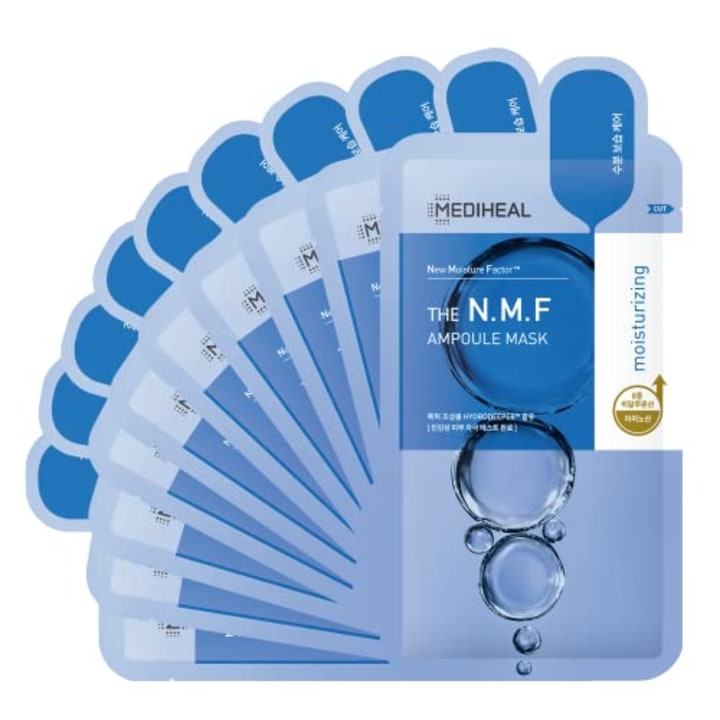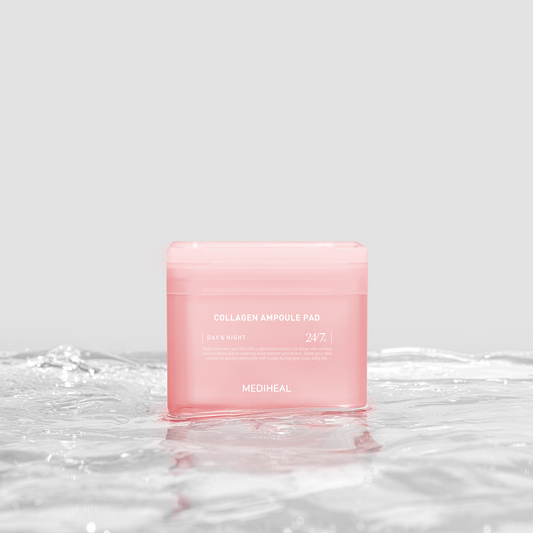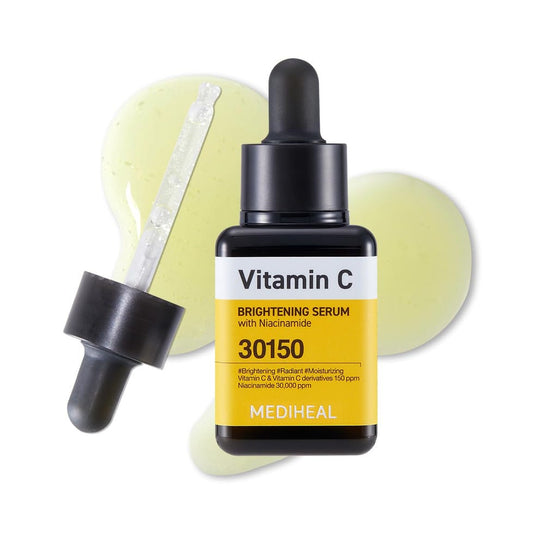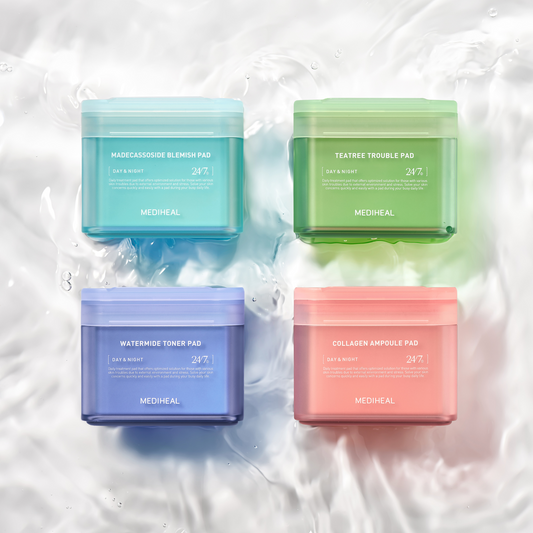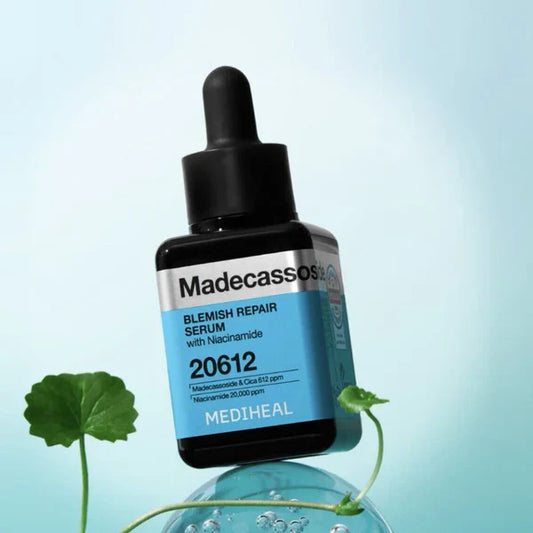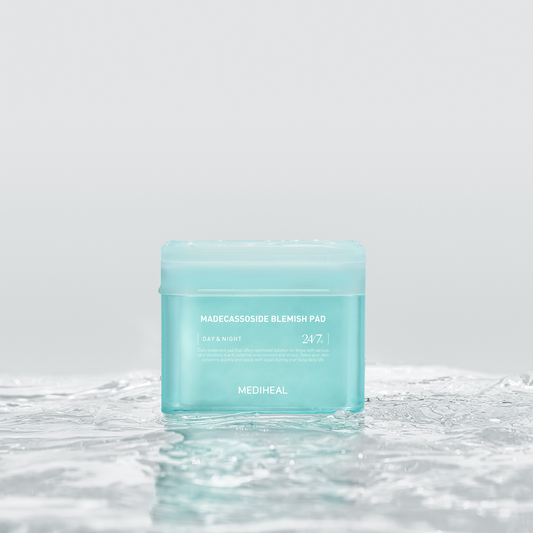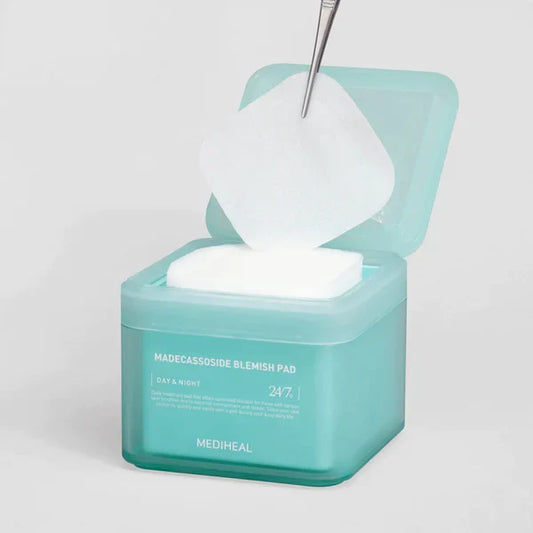Share
...
Skin care routines can feel just that: routine. After a long day, washing your face and slapping on moisturizer doesn’t always feel like self care. They don’t feel special. Face masks, on the other hand, are an every-once-in-a-while treat for your skin. Sheet masks, which are a type of face mask, are popular for good reason — the masks come soaked with skin care ingredients, so all you have to do is lay one on your face.
There are many types of sheet masks on the market, promising to do things like hydrate, brighten, clarify and more. But just because they offer a wide variety of benefits, doesn’t mean they should replace your normal routine. “Sheet masks cannot replace the important steps of a regular skin care routine, such as cleansing, moisturizing and using sunscreen,” says Dr. Brendan Camp, a board-certified dermatologist at MDCS Dermatology in New York City. What can they do? Camp says they’re particularly ideal for hydration. “The occlusive properties of a mask traps moisture in the skin, which can help skin stay hydrated and improve the appearance of fine lines,” he says.
To help you determine the sheet masks that are worth your time and money, we spoke with dermatologists about what to keep in mind when shopping and then used their advice to source highly rated options.
How we picked highly rated sheet masks
To help us find the best sheet masks, we spoke to two board-certified dermatologists about what to look for. When shopping, they recommend considering the following factors:
-
Ingredients: Sheet masks are best used to hydrate skin, says Camp. So, look for options infused with moisturizing ingredients. Camp recommends sheet masks that include the following:
- Hyaluronic acid, which helps attract and retain moisture
- Niacinamide, a vitamin B complex that soothes and reduces redness
- Peptides, which encourage firmness and elasticity
- Skin concern: While Camp notes that sheet masks are best for hydrating, you can find masks that address other skin concerns, too. “Along with boosting moisture, there are a number of sheet masks on the market that brighten or soothe,” says Dr. Marisa Garshick, a board-certified dermatologist in New York City and clinical assistant professor of dermatology at Cornell.
- Material: Most sheet masks are made from a paper material, but there are also options made from gel or silicone. “Paper masks tend to be more affordable because they are made from a single sheet of paper or cotton,” explains Camp. “Silicone masks offer effective occlusion of the skin, which improves the absorption of ingredients in the skin. Gel masks conform well to the contours of the skin and often contain serums or active ingredients.” We included all three types, so you can choose what is best for your skin.
How we picked highly rated sheet masks
To help us find the best sheet masks, we spoke to two board-certified dermatologists about what to look for. When shopping, they recommend considering the following factors:
...
MediHeal The N.M.F. Ampoule Mask
Hyaluronic acid, which is Garshick’s go-to hydrator, is the main active ingredient in this sheet mask. It comes in a set of 10 and has a 4.7-star average from over 3,200 reviews on Amazon. Along with hyaluronic acid, this mask’s serum has five different amino acids to add moisture to the skin, according to the brand. While this mask focuses on hydration, the brand also makes sheet masks that target brightening, toning, illuminating and more.
Top questions about sheet masks, answered
When do you use a sheet mask? When shouldn’t you use one? What are the benefits of using a sheet mask? Understanding these key points is important, according to the dermatologists that we spoke to. Here, common questions about sheet masks were answered by our experts.
What does a sheet mask do?
Generally speaking, sheet masks do the same thing as other types of face masks — they can address specific skin care concerns depending on their ingredients. While you can find sheet masks that say they are brightening, soothing, clarifying and more, both Garshick and Camp agree that they are most successful at adding hydration to your skin. “They can help your complexion retain and gain moisture and provide a nice pick-me-up,” says Garshick.
The actual sheet mask is usually made up of either cotton, silicone or gel. The material that is best for you will depend on your skin.Cotton masks tend to be less expensive. “Gel and silicone have inherent soothing and hydrating properties,” says Garshick. “So, they can be good if your skin is sensitive or needs extra moisture.”
When should you use a sheet mask?
Both Camp and Garshick stress that sheet masks should be used in addition to your normal routine (cleansing, moisturizing and using SPF), not as a replacement for any of those steps. “They’re intended to be a supplement to what you already do,” says Garshick. “You can use them a few times a week or before a big event when you need some additional hydration.”
In terms of time of day, most sheet masks suggest you use them after cleansing your face. You can do this in the morning, but because they need to sit on your face for up to 30 minutes, it may be easiest to do this at the end of the day after you’ve washed away your makeup.
Who should avoid sheet masks?
Sheet masks are considered safe for most people with various skin types. That said, if you have sensitive skin, you should always be careful when trying new products, says Garshick. “If this is you, stick to masks that specifically say they’re formulated for sensitive skin.” Camp adds that those with open sores or wounds on their face should also avoid using a sheet mask until the skin has fully healed.
...

